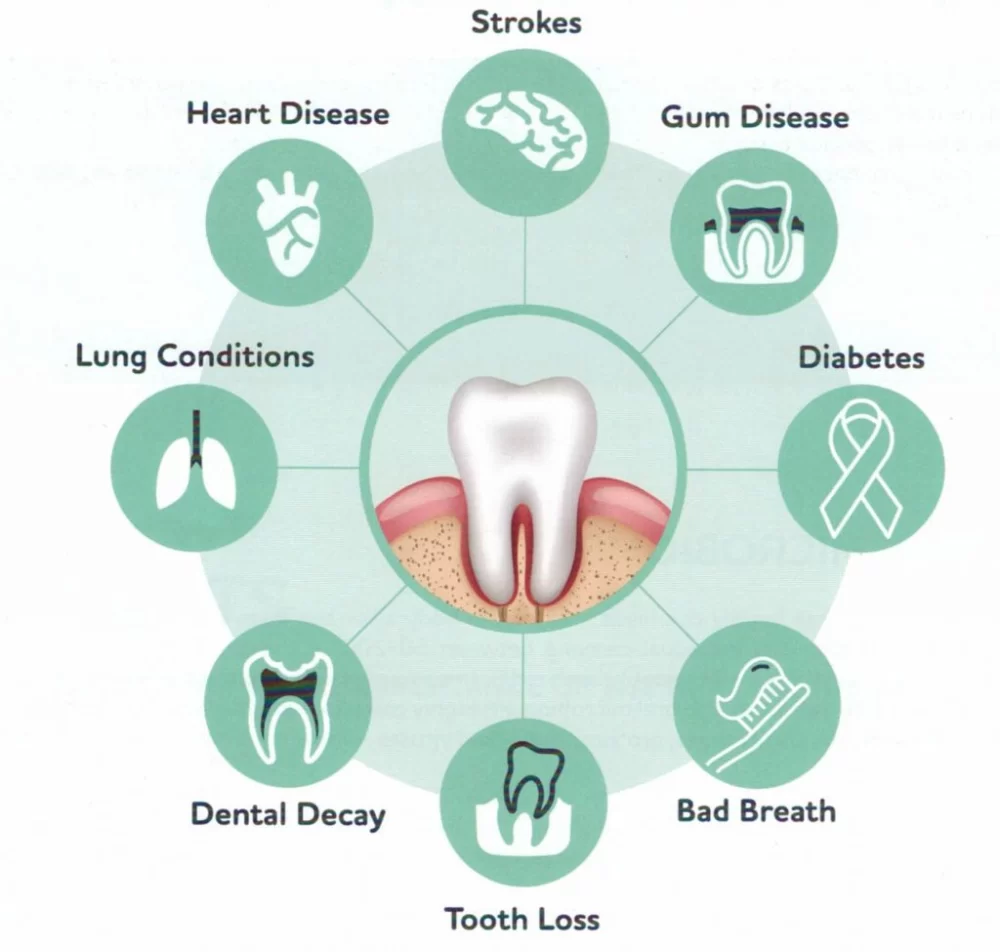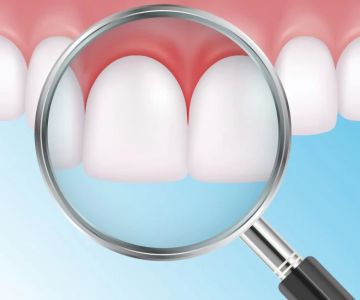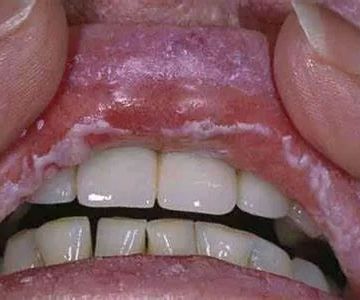
Defining Oral Disease: What Does It Mean?
The term "oral disease" refers to any condition or disorder that affects the mouth, including the teeth, gums, tongue, and other oral tissues. It encompasses a broad range of issues—from common problems like cavities and gum disease to more serious infections and oral cancers. In the United States, oral diseases are widespread and affect millions of people, influencing not only oral health but also overall well-being. Understanding the definition of oral disease helps individuals recognize symptoms early and seek timely treatment.
1. The Scope of Oral Diseases
Oral diseases cover both infectious and non-infectious conditions. Infectious diseases include dental caries (tooth decay), periodontal disease (gum disease), and oral thrush caused by fungal infections. Non-infectious diseases may involve oral cancers, traumatic injuries, and developmental disorders. This broad scope shows why oral disease is a critical area of healthcare.
2. Common Types of Oral Diseases
Among the most common oral diseases in the US are dental caries, which result from acid-producing bacteria that erode tooth enamel, and periodontal disease, caused by bacterial infection leading to gum inflammation and possible tooth loss. Other notable conditions include leukoplakia (white patches often linked to tobacco use), oral herpes caused by the herpes simplex virus, and oral cancers that require early detection for effective treatment.
Causes and Risk Factors of Oral Disease
1. Poor Oral Hygiene Practices
Neglecting basic oral hygiene—such as brushing twice daily, flossing, and regular dental visits—is one of the leading causes of oral disease. Plaque buildup allows harmful bacteria to thrive, initiating decay and gum infections.
2. Lifestyle and Environmental Factors
Tobacco use, excessive alcohol consumption, poor diet, and stress contribute significantly to oral disease risk. Smoking, for example, impairs gum tissue healing and increases the likelihood of periodontal disease and oral cancers.
3. Medical Conditions and Medications
Certain health conditions like diabetes can exacerbate oral disease severity. Additionally, medications that reduce saliva flow lead to dry mouth, increasing vulnerability to infections.
Symptoms and Signs to Watch For
1. Early Warning Signs
Recognizing symptoms such as persistent bad breath, bleeding gums, tooth sensitivity, mouth sores, and white or red patches can prompt early diagnosis. Ignoring these signs often leads to disease progression and complications.
2. When to See a Dentist
Any persistent oral discomfort or visible changes in the mouth warrant professional evaluation. Regular dental check-ups help detect issues before they worsen.
The Impact of Oral Disease on Overall Health
1. Connection to Systemic Diseases
Oral diseases do not just affect the mouth; they have been linked to heart disease, diabetes, respiratory infections, and adverse pregnancy outcomes. Chronic inflammation and bacterial spread from oral infections can exacerbate these conditions.
2. Emotional and Social Consequences
Beyond physical health, oral disease can affect self-esteem, social interactions, and quality of life, underscoring the importance of prevention and treatment.
Prevention and Management of Oral Diseases
1. Daily Oral Care Routines
Effective prevention involves regular brushing with fluoride toothpaste, flossing, limiting sugary foods, and avoiding tobacco. These habits reduce bacterial buildup and protect oral tissues.
2. Professional Dental Care
Routine dental visits enable early detection and professional cleaning. Dentists can also provide targeted treatments such as fluoride applications, sealants, or periodontal therapy.
A Personal Story: How Awareness of Oral Disease Changed One Patient’s Life
Emily, a 38-year-old teacher from California, ignored mild gum bleeding for years. After a severe gum infection required surgery, she realized the importance of understanding oral disease. With guidance from her dentist and improved daily care, Emily reversed her condition and now advocates for oral health awareness among her community.
How Dentistry Toothtruth Supports Oral Health Education and Care
For anyone seeking trusted information and treatment related to oral disease, Dentistry Toothtruth offers expert dental services tailored to individual needs. Their comprehensive approach combines education, prevention, and advanced care techniques to help patients maintain healthy mouths and overall well-being.






 Westgate Dental Arts3.0 (2 review)
Westgate Dental Arts3.0 (2 review) Coventry Family Dental4.0 (247 review)
Coventry Family Dental4.0 (247 review) Familia Dental3.0 (1028 review)
Familia Dental3.0 (1028 review) Dr. Daniel S. Fife, DDS4.0 (31 review)
Dr. Daniel S. Fife, DDS4.0 (31 review) Dentistry At Suburban Square: Michael I. Wollock, DMD4.0 (1228 review)
Dentistry At Suburban Square: Michael I. Wollock, DMD4.0 (1228 review) Comfort Care Dental4.0 (1156 review)
Comfort Care Dental4.0 (1156 review) The Importance of Oral Health Education During Pregnancy for a Healthy Pregnancy
The Importance of Oral Health Education During Pregnancy for a Healthy Pregnancy Best Tips for Brushing Your Teeth Properly for Healthy Gums: Essential Techniques for Oral Health
Best Tips for Brushing Your Teeth Properly for Healthy Gums: Essential Techniques for Oral Health Why Skipping Dental Checkups Can Lead to Bigger Oral Health Problems
Why Skipping Dental Checkups Can Lead to Bigger Oral Health Problems Advantages of Porcelain Dental Restorations
Advantages of Porcelain Dental Restorations How Can Diabetes Cause Tooth and Gum Problems? Preventing and Managing Oral Health Issues
How Can Diabetes Cause Tooth and Gum Problems? Preventing and Managing Oral Health Issues Healthy Habits for Promoting Good Oral Health and Hygiene: Tips for a Healthy Smile
Healthy Habits for Promoting Good Oral Health and Hygiene: Tips for a Healthy Smile